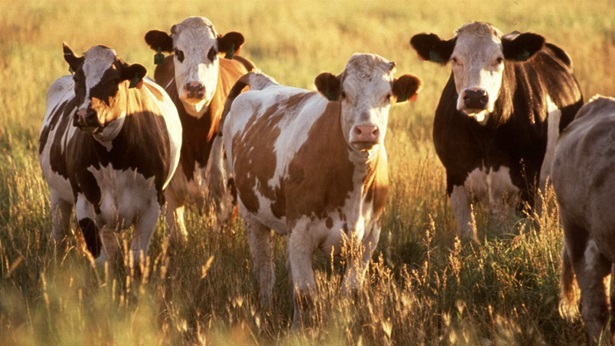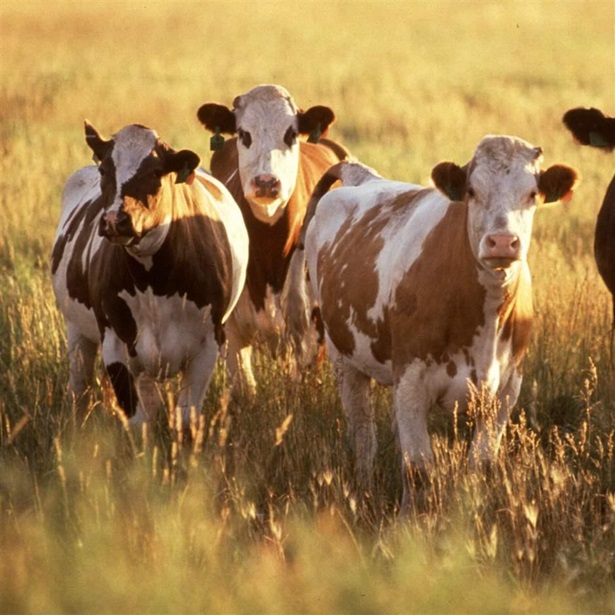Pew Proposes USDA Actions That Could Reduce Salmonella in Poultry
The Pew Charitable Trusts submitted comments Oct. 16 to the U.S. Department of Agriculture Food Safety and Inspection Service (FSIS) proposing evidence-based approaches to better protect consumers from foodborne Salmonella. The comments respond to FSIS’ “Roadmap to Reducing Salmonella,” which outlined current regulatory initiatives and possible future efforts to control the pathogen in meat and poultry products. The nation’s infection rate has not decreased significantly since 2000, and illnesses from some Salmonella serotypes have risen rapidly.
Pew recommended that FSIS improve its approach to Salmonella contamination limits—known as performance standards—for poultry producers by targeting specific serotypes and considering the quantity and virulence of bacteria found in samples from food products and facilities. Advances in testing technologies over the past 25 years have made it possible to target these factors in the standards. Although the agency has no direct authority to require food safety practices on farms, Pew also urged regulators to consider how revised performance standards could incentivize farms to adopt effective interventions, such as Salmonella vaccines for chickens and turkeys.








